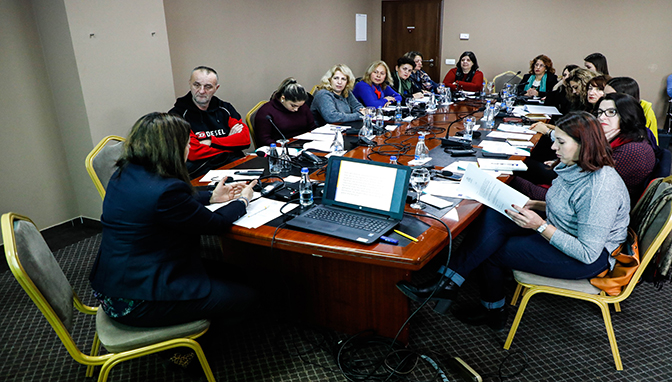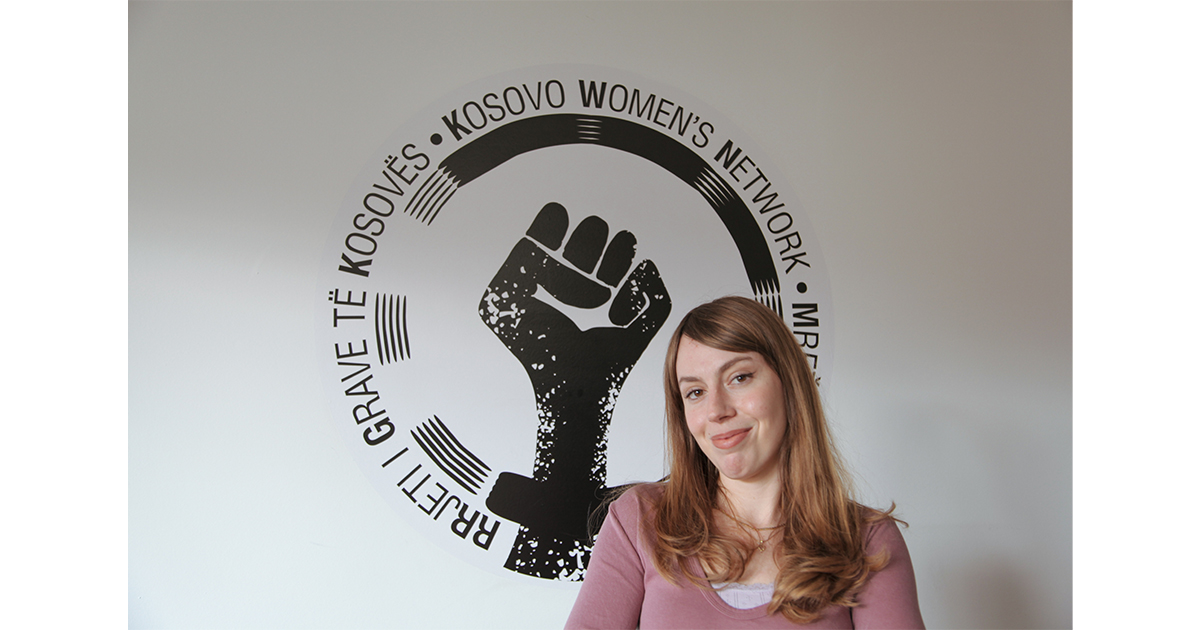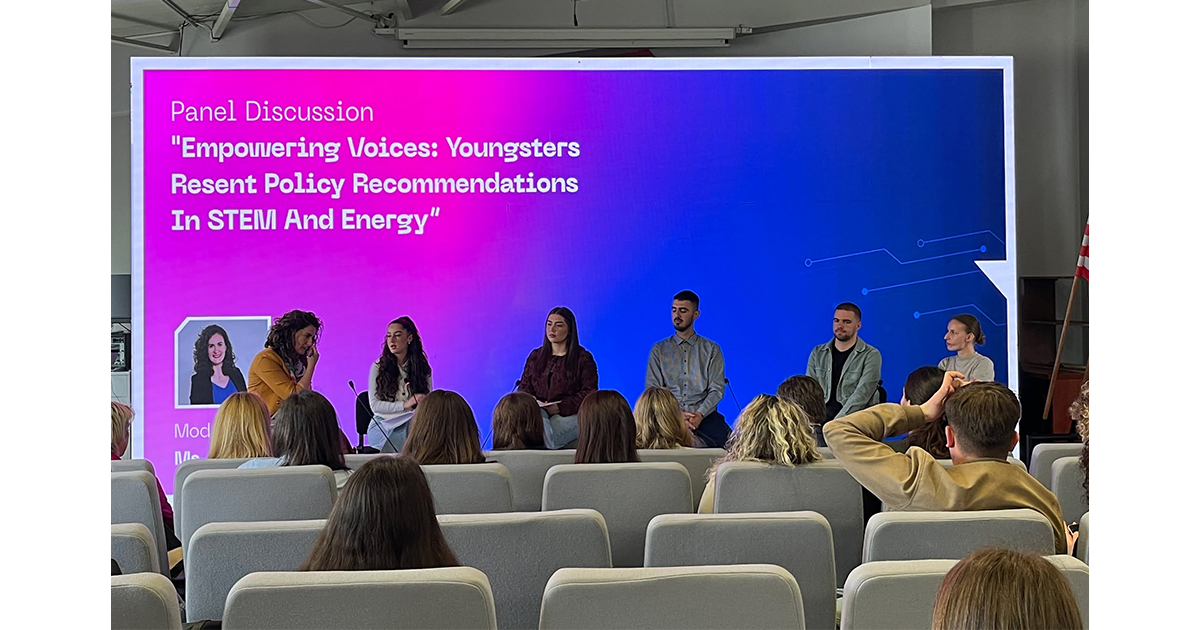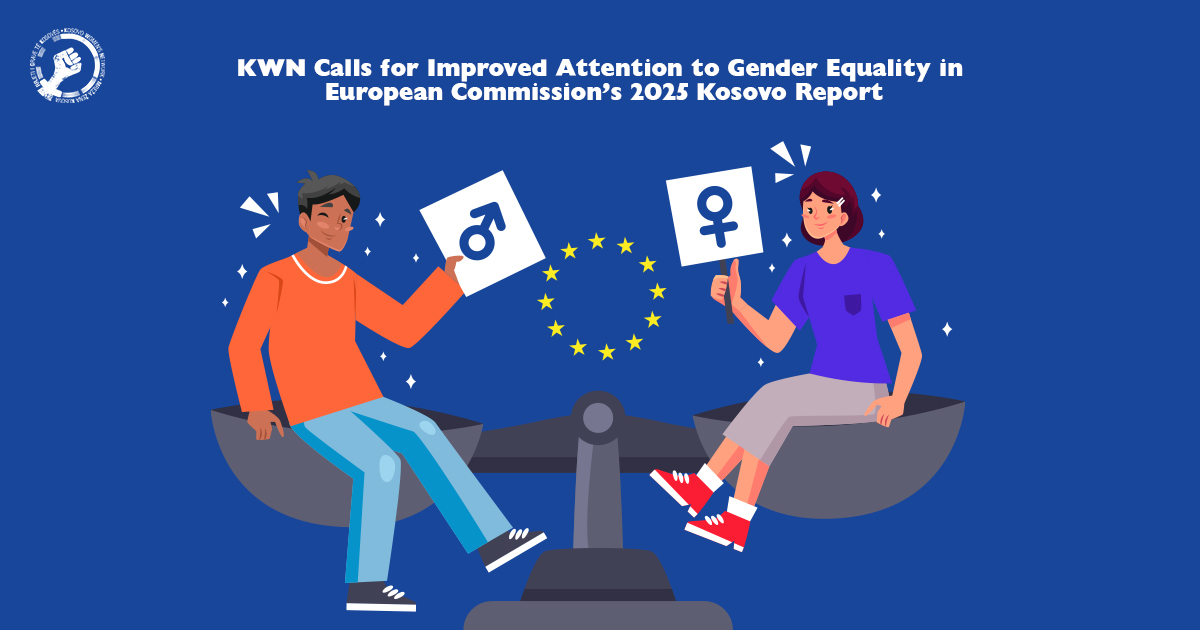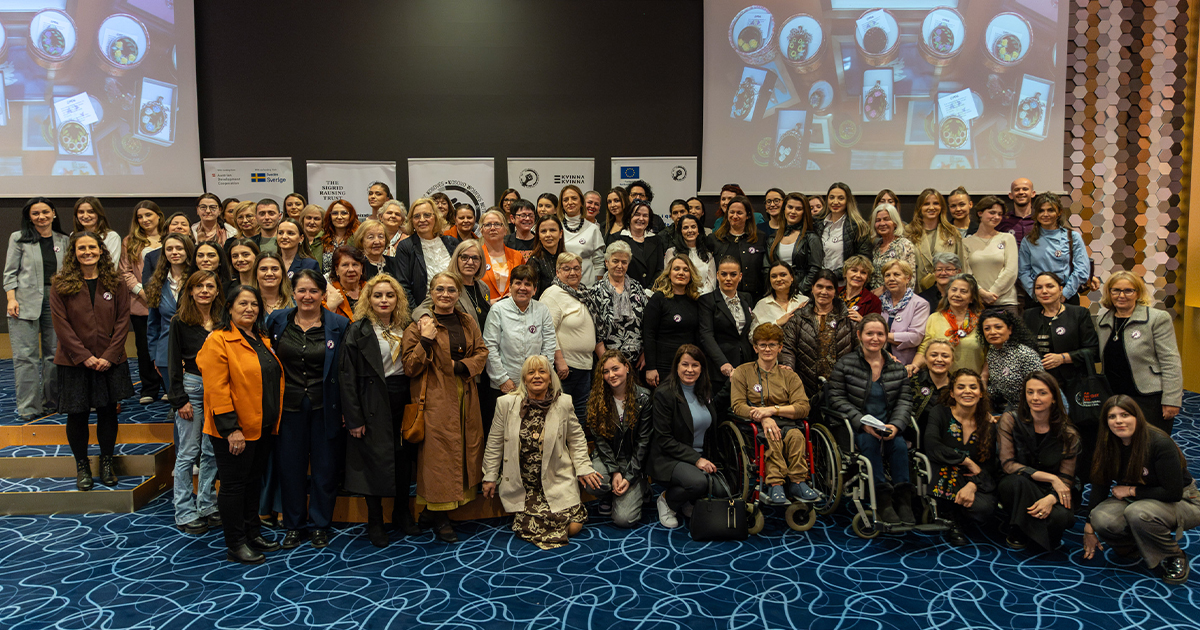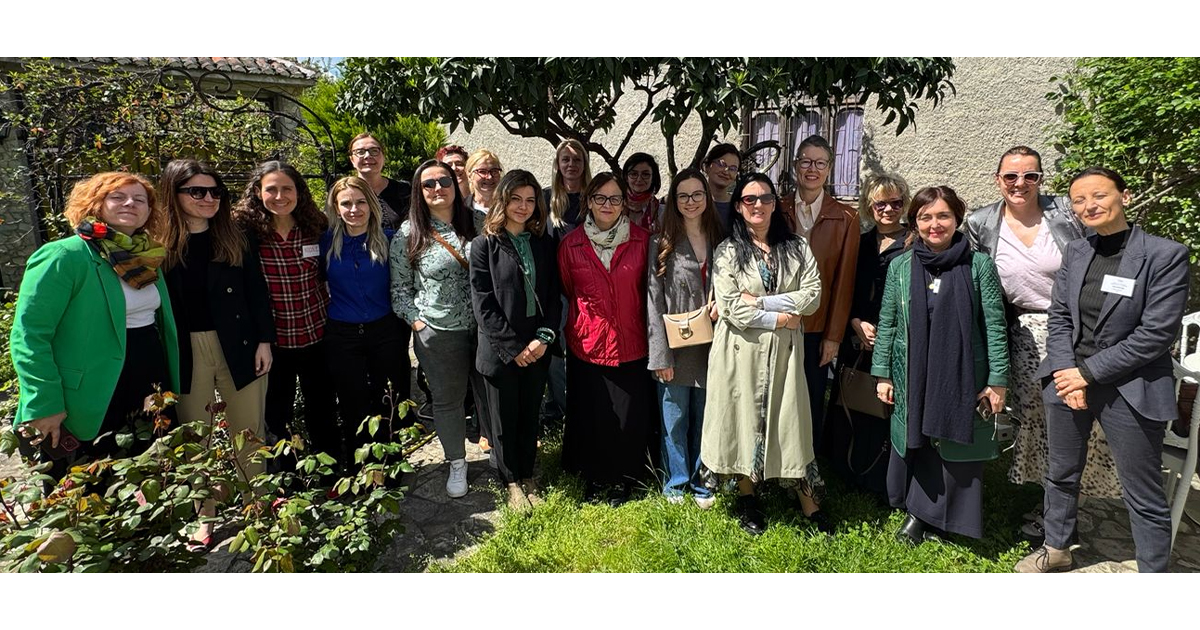Network of Roma, Ashkali and Egyptian Women’s Organizations of Kosovo (NRAEWOK), a member organization of Kosovo Women’s Network (KWN), on Feb. 26 held its last meeting under the initiative “Supporting the prevention of early marriages of Roma, Ashkali and Egyptian communities in Kosovo”.
Xhulieta Devolli, Gender Equality expert stated that this action took place in the top three municipalities that are populated with non-majority communities such in Mitrovicë, Graçanicë and Lipjan.
Early marriages by Devolli are viewed as “a very common occurring”, emphasizing that they should be dealt by the society itself. She also spoke about the Report on the Istanbul Recommendations on the Implementation of the Istanbul Convention on the situation of early marriages of Roma, Ashkali and Egyptian communities in Kosovo.
Executive Director of NRAEWOK, Shpresa Agushi said that the lives of these women will be improved to a small extent due to this report. She also mentioned that “the first support for us [NRAEWOK] came from KWN”.
Ariana Qosaj-Mustafa, Programme Director and Senior Researcher at KIPRED, which is among the drafters of this report, expressed her concern regarding the lack of law’s implementation.
Amongst other things, she highlighted that “statistics of early marriages do not exist, this because only few cases are being reported”.
A closing conference of this action will be held in the end of April, as an opportunity for state actors to be introduced with the initiative’s achievements.
This initiative is implemented by NRAEWOK, supported by UN Women and financed by the European Union.

